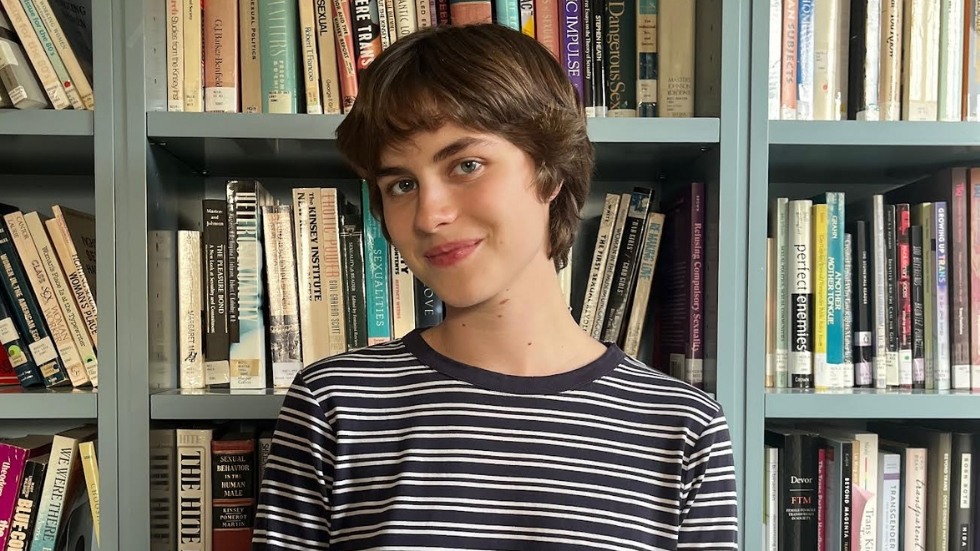In this spotlight, the department speaks with Fiona Mathews about their senior thesis.
"In my thesis, I explore intersecting anxieties around medieval bodies and medieval genders, investigating shifting twelfth-century attitudes towards the gender binary. I am curious, specifically, about the tension that arises around violating the body as a whole, a practice that could sometimes have salvific implications—as through martyrdom or the adoration of relics—and in other instances led to intense shame and alienation—as through castration of religious figures. Throughout, the questions I return to are: What constituted a whole body, and what constituted a holy body? How did the people of the medieval era come to know not only this body as a concept, but also their own corporeal bodies—as gendered, as performed, as capable of pain?
My sources range from collections of canon law to satirical lay poems, from visceral martyrdom accounts to searing condemnations of monastic practices. Throughout my research, I have delighted in diving into digitized sources on BruKnow, print collections on the shelves of the Rock, and the medieval manuscripts housed at the Hay.
As I look forward to the year ahead, I am excited to continue thinking about this question of what gendered a medieval body, and in the same vein, what made a medieval body genderless. Embracing the fragment as both my object of study and my method has helped me reckon with the unknowability of the premodern past, as well as the difficulty of recovering silenced voices from the archive. In its incompleteness, I see the fragment as an attempt—a reaching towards other people and other temporalities in an effort to hear them speak. I am excited to continue reaching towards these queer medieval voices and bodies throughout the thesis-writing process."
